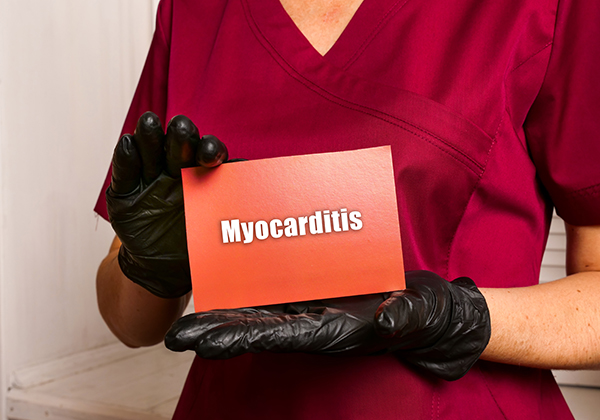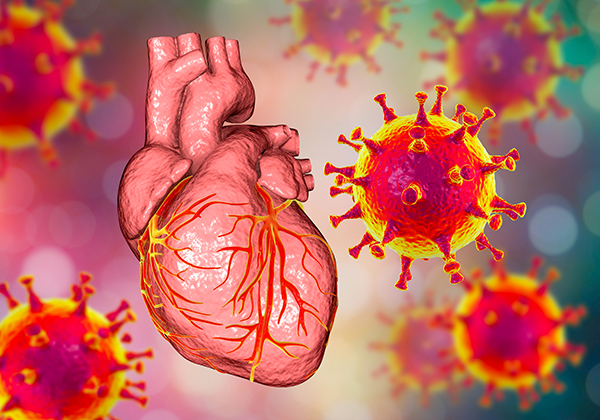Pediatric Pericarditis
While fewer children suffer from pericarditis than adults, the disease still presents numerous challenges to young patients and their families. Recognizing the causes, symptoms, diagnosis, and available treatment options for this condition can help ease a parent’s concerns about their child’s heart health. Myocarditis Foundation is here to provide the information and resources needed about pediatric pericarditis, and we are dedicated to raising awareness about this disease and other heart conditions.

Causes and Indicators of Pediatric Pericarditis
Children who undergo surgery for congenital or inherited heart issues are most likely to develop pericarditis. Viral or bacterial infections can also trigger the condition, as well as autoimmune diseases. On rare occasions, chest injuries can lead to pediatric pericarditis.
As with adults, many children with pericarditis experience intense chest pain that begins behind the left side or center of the breastbone and progresses to the neck, left shoulder, or collarbone. They may also notice an increase in pain when they take deep breaths or lie down to rest. Observing chest pain in a child can be challenging because they may struggle to articulate this symptom. However, there are more apparent signs of pericarditis to look for, including:
- Coughing
- Decreased appetite
- Fainting or dizziness
- Heart palpitations
- Irritable disposition
- Irregular heartbeat or tachycardia
- Low-grade fever or chills
- Shortness of breath
- Tiredness
Diagnosing a Child with Pericarditis
When you bring your child to a healthcare facility, the doctor will ask you about their health history and symptoms and administer a physical examination. The doctor will then listen to your child’s heartbeat to detect any rubbing noises, which indicate irritation to the pericardial membranes. If the doctor notices these sounds, they may conduct additional testing such as:
- Blood tests or chest X-rays to measure the inflammation of the pericardium
- An electrocardiogram (EKG) to gauge electrical activity in the heart
- Echocardiography, which uses sound waves to assess the heart’s functionality and design
- Imaging tests, such as CT scans and MRIs, for additional insight into the heart’s structure
Your child may be diagnosed with different levels of pericarditis depending on how long their symptoms persist. If their pain subsides in less than three weeks, they will be diagnosed with acute pericarditis. If their symptoms return after four to six weeks of relief, they have a recurring form of the condition. Pericarditis that extends beyond three months is classified as chronic.
Treating Children with Pericarditis
After the doctor diagnoses your child, they will likely direct you to a pediatric cardiologist for treatment. This healthcare provider will look at age, health history, the severity of the symptoms, and what caused the condition to establish a proper plan. From there, they will offer various treatment methods, including:
- Medication: Medicine mitigates pain and helps your child manage pericarditis. The doctor may prescribe antibiotics if the symptoms are related to an infection or analgesics to enhance heart function.
- Pericardiocentesis: This process involves draining excess fluid from the pericardium.
- Pericardiectomy: In more severe cases, your child may need surgery. Pericardiectomy removes a hardened pericardium to allow the heart to stretch and fill with blood fully, reducing the likelihood of heart failure.
Discover More about Pericarditis
Finding out your child has pericarditis can be frightening, but understanding the disease can offer some assurance. Myocarditis Foundation helps those who suffer from pericarditis by providing accurate, updated information about the condition and funding nationwide research into cures. Contact us today to learn more about pediatric pericarditis.

























